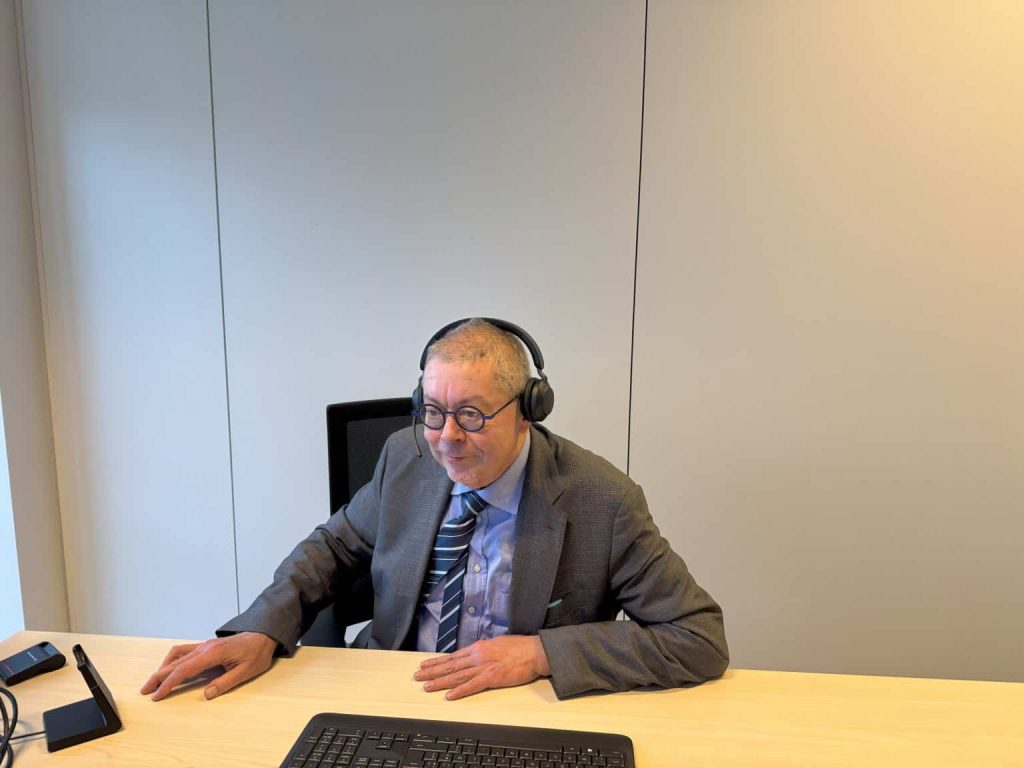
The will to continue to help
Reading Time: 6 minutes
Trigger warning: the text below contains references to suicide. Contact the Suicide Line at 1813 or at
www.zelfmoord1813.be
If you are struggling with something or have questions.
The patient must remain central
It was hard for me to tell my patients that I would be quitting my practice in Brussels. Perhaps that also explains why I choose to continue in Erembodegem for a few more years. At the same time, I must admit that my influence on and knowledge of fundamental changes in the medical world and regulations is waning. Whereas I used to be able to rely on my experience and clinical intuition, many aspects of health care today are highly standardized. Protocols and guidelines are meticulously crafted, and while they undoubtedly prove useful, it sometimes feels like I’m rowing against the current. The healthcare landscape is changing at a pace that I find increasingly difficult to keep up with. In Erembodegem, I therefore want to focus only on complex problems in my patients. Whether I will take on many new patients, I don’t know. Maybe I won’t be available long enough to build a lasting therapeutic relationship with them. And if I know that in advance, it is better to be honest about it – both for the patient and for myself.
Stories and situations that touch you
Continuing to help patients involves not only physical presence, but also emotional involvement. That aspect sometimes weighs heavily, especially when stories and situations affect you deeply. This is a reality that every doctor, every caregiver has to deal with. That’s why it’s so important that we have someone with whom we can test our experiences, with whom we can talk about what occupies our minds. No one in this profession can afford to bear everything alone, if only because we cannot offer seriously ill patients a miracle solution. Often something stays with us too: a story, a look, a silence, a question that won’t go away… One of the heaviest moments in a general practitioner’s career undoubtedly remains when a patient takes their own life. You’re left with the question of whether you could have done something differently, whether you overlooked something. Even with a natural death you can experience feelings of guilt, but with suicide that weighs much more heavily. Those who struggle with addiction, self-harm, or attempt suicide rarely do so of their own free will. Behind those acts of desperation lies not a choice, but an inescapable cry for help. As a general practitioner, I see it as my responsibility to make clear to my patients that they bear no blame.
A demanding society leaves its mark
It is often just the caring people, the hard workers, the ones seeking recognition, who end up being victims. People with narcissistic traits – those who show little to no empathy – rarely ask for help. Perhaps they suffer too, but in a different way, with less visible consequences. In any case, I encounter them much less in my practice. What I do see is that go-getters and people with good intentions get burned out. We live in a society that runs faster and faster and has higher demands. That constant pressure weighs heavily and leads people to take their frustrations out on each other. Maybe I’m more alert to it now than I used to be, but there’s no denying it: burnout and work-related exhaustion are no longer fringe phenomena. Surely I feel a certain responsibility to help make this more visible and create awareness. Whether this will reverse the social trend, I do not know, but silence is not an option for me. On my website I regularly write about topics such as mental vulnerability, burnout, addiction, end of life…. I notice how few people understand what happens to them in these cases – why certain decisions are made, what rules apply and why they are so difficult to fathom. That lack of transparency leads to uncertainty, frustration and misunderstanding. And that is exactly what we cannot afford. A society that leaves no room for vulnerability only creates more victims.
A plea for transparent care
Understanding information is as important as medical care itself. Yet this is often given insufficient attention. Many patients get lost in a tangle of medical jargon, conflicting advice and administrative mazes. Some find their first refuge on the Internet, but that is a place full of half-truths, misleading claims and unsubtle information. The responsibility of untangling that web is conveniently placed on their shoulders. But isn’t that precisely part of the main task of health care providers? Many patients face far-reaching choices without realizing the implications, because they are insufficiently or wrongly informed. Unfortunately, I have all too often come across stories about people who only realize afterwards what a treatment really entails. In consultations, there is sometimes the implicit assumption that “everyone knows this anyway,” but that is a dangerous misconception. What is routine for the physician may be an unknown course for the patient. Moreover, the healthcare industry has become entangled in a web of rules, protocols and standard procedures. What was once the realm of clinical intuition and experience is increasingly cast in rigid frameworks. This standardization may contribute to safety and consistency, but it must not become a straitjacket in which the patient is reduced to a file number.
Healthcare is not a conveyor belt job. It is about people, their fears, their questions, their right to understand. Only when patients truly understand what is happening to them can they make informed choices. And until they do, we are stuck in a system that follows procedures but loses sight of the human being. That is a reality we cannot resign ourselves to.
Link to my appointment calendar: https://drpetervanbreusegem.be/
Recente bijdragen
More burnout and mental suffering, but who is listening?
In a previous article, I already addressed the marked increase in burnout and mental health problems. I have also seen this evolution in my own […]
I must tell you something
So where does my motivation to (continue to) help people in emergencies come from? A defining moment in my career was my commitment in the 1980s and […]
Newsletter November 2024
November 2024 Below you can download Peter van Breusegem’s medical newsletter for free. Newsletter November – EN Téléchargez […]
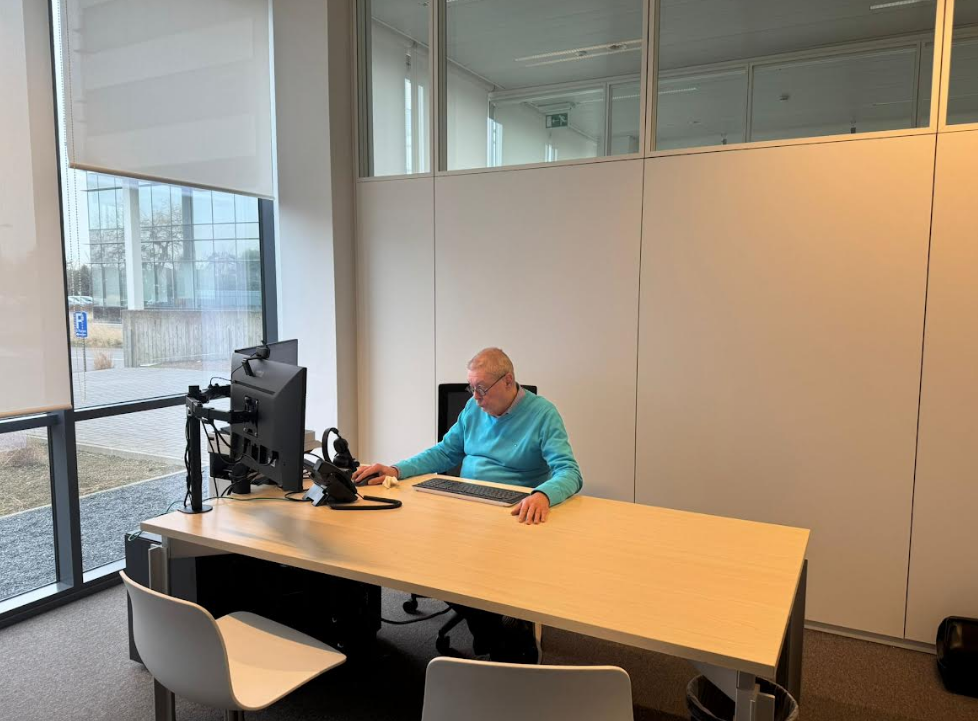
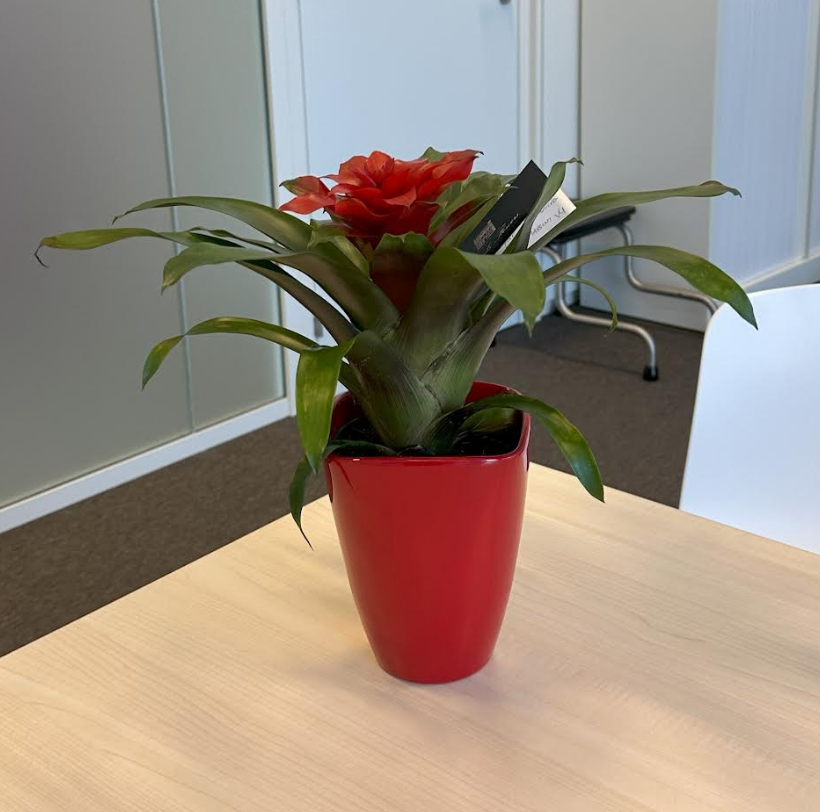

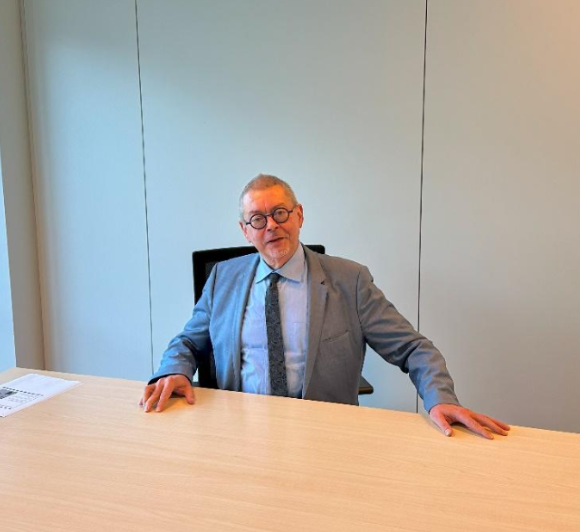
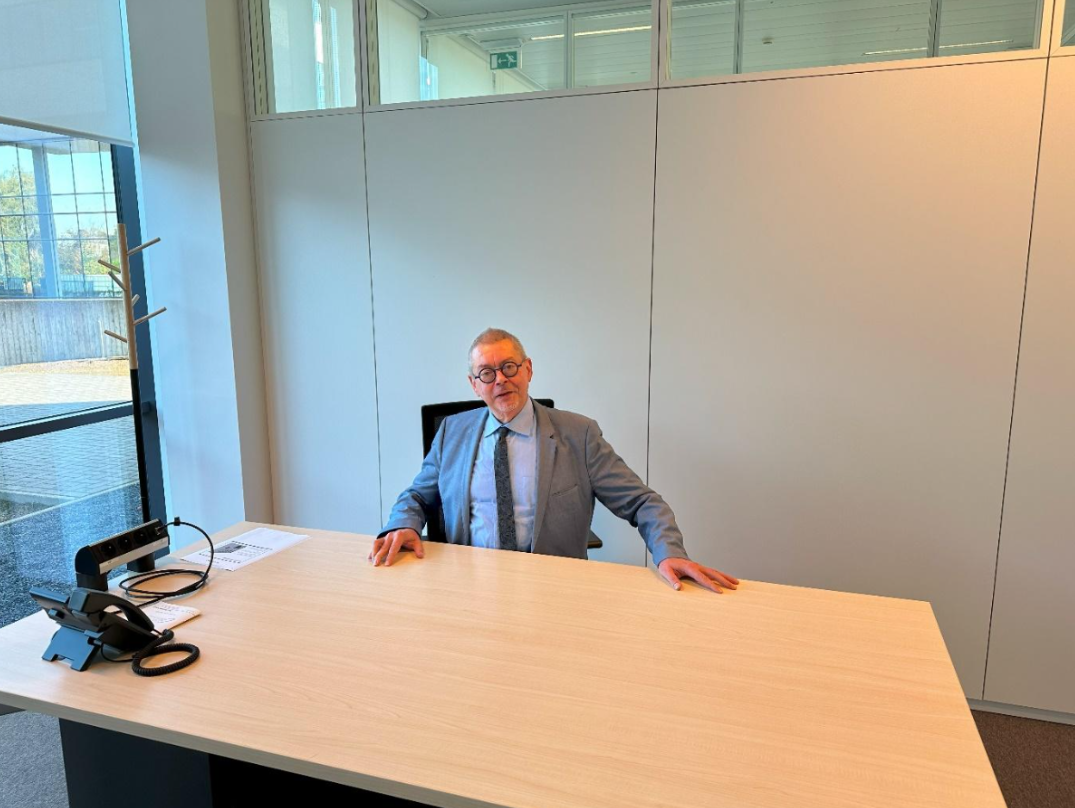
No comments have been posted yet!